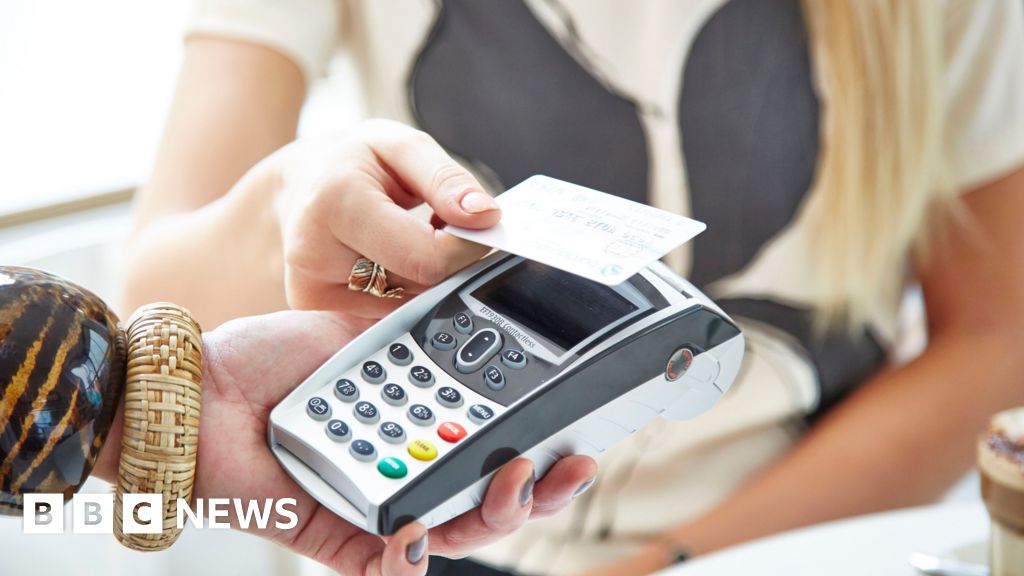ARTICLE AD BOX
By Kevin Peachey
Personal finance correspondent, BBC News
Image source, Getty Images
A grandfather has told of how he lost money saved for Christmas presents after his family were duped by fraudsters on WhatsApp.
The 75-year-old, who wished to remain anonymous, said they had been tricked by criminals posing as his grand-daughter on the messaging service.
He transferred £1,550 to the con-artists, for an emergency medical bill that was a fake.
WhatsApp and trading standards officers are warning others of the scam.
'You feel a fool'
Fraudsters posing as the young student sent a message to her father, saying she had a case of haemorrhoids that she was embarrassed to talk about.
Subsequent messages suggested that she needed money for private medical care and asked for the money to be transferred directly.
The correct spelling of her unusual name helped convince the family it was genuine, and her grandfather agreed to pay the supposed bill.
Attempts to contact her directly failed, as the calls went straight to an answerphone.
Only after the money was paid did they get through to her, and realised they had been tricked.
"You feel such a fool," her grandfather said. "I was angry that I was able to be duped.
"You get used to these scam calls, but they are getting quite clever. I used to run my own business, so if they can fool people like me, a lot of very vulnerable people will be in trouble."
He is trying to get the money refunded from his bank, but so far they have said their fraud checks were sufficient and have refused to reimburse him.
Young targets
Surveys have suggested that 59% of those asked had received a message-based scam attempt in the last year.
Younger age groups, who were more likely to text than call, were said to be more exposed to these kinds of scams.
Trading standards officers said that scammers sent messages that appeared to come from a friend or member of the family, before asking for personal information, money, or a six-digit code.
Usually you would need this code when setting up a new account, or logging in to your existing account on a new device.
However, if you have not initiated this request, it could be a scammer trying to log in to your account.
The messages are sent from the compromised accounts of friends, or from an unknown number claiming to be a friend who has lost their phone or been locked out of their account.
"These kinds of scams are particularly cruel as they prey on our kindness and desire to help friends and family," said Louise Baxter, head of the National Trading Standards scams team.
Advice from WhatsApp includes:
- Stop. Take five minutes before responding. Make sure your WhatsApp two-step verification is switched on to protect the account
- Think. Ask if the request makes sense. Scammers prey on people's kindness, trust and willingness to help
- Call. Verify that it really is your friend or family member by calling them directly
Kathryn Harnett, policy manager at WhatsApp, commented: "WhatsApp protects our users' personal messages with end-to-end encryption, but we want to remind people that we all have a role to play in keeping our accounts safe by remaining vigilant to the threat of scammers.
"If you receive a suspicious message, even if you think you know who it is from, calling or requesting a voice note is the fastest and simplest way to check someone is who they say they are. A friend in need is a friend worth calling."
The cost to all scam victims' wellbeing has been estimated at a collective monetary total of £9.3bn a year, according to the consumer group Which?.

 3 years ago
64
3 years ago
64








 English (US) ·
English (US) ·